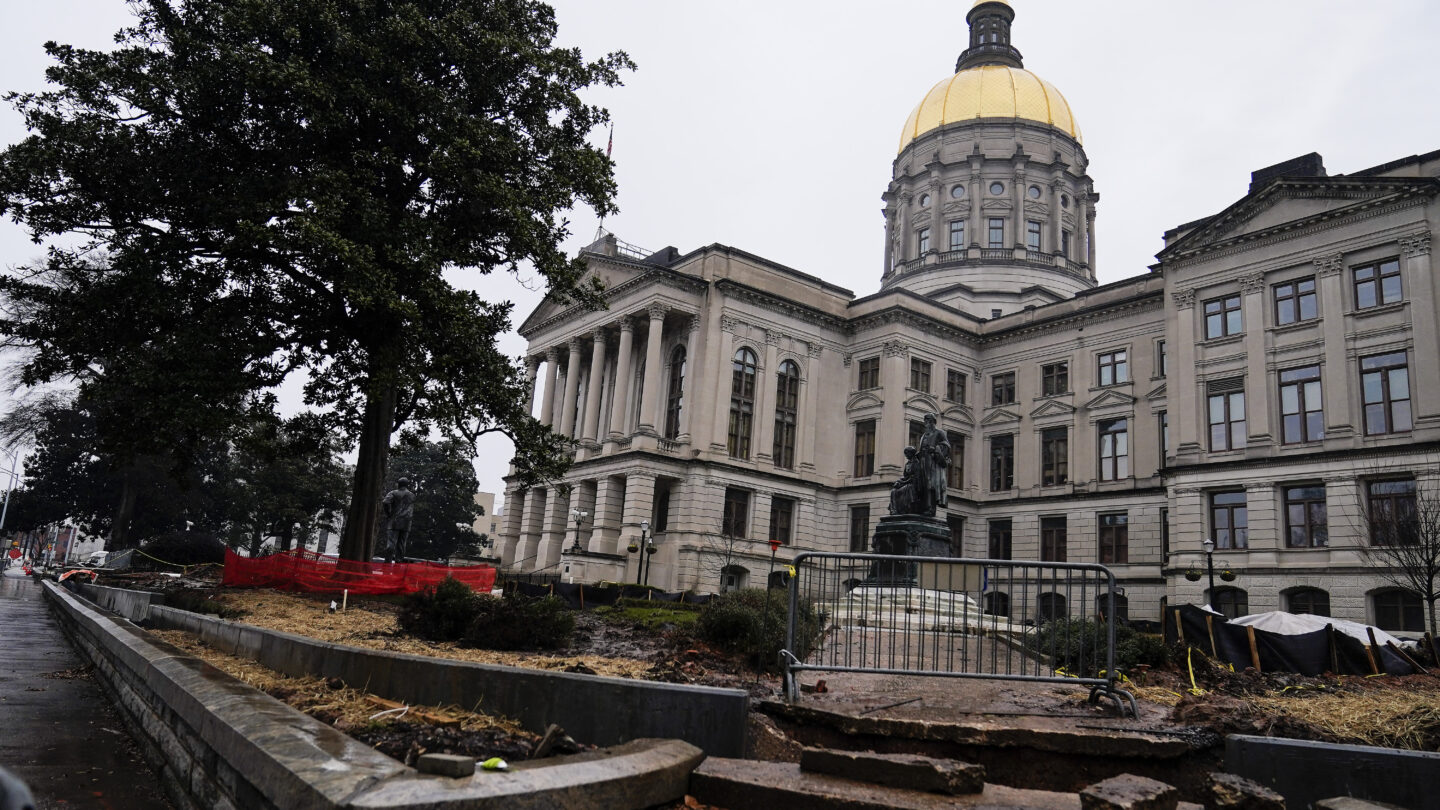Christopher Alston
,
Votebeat
| WABE
January 19th, 2021
This coverage is made possible through Votebeat, a nonpartisan reporting project covering local election integrity and voting access. The article is available for reprint under the terms of Votebeat’s republishing policy.
With Republicans indicating they plan to introduce restrictions on absentee voting in the name of election security and Democrats gearing up to fight what they say are forms of voter suppression, there are still some changes to the Georgia election laws that members of both parties agree on.
Republican House Speaker David Ralston said restoring voters’ confidence in the “security and accessibility” of the state’s elections is a top priority for him. Before the Georgia legislative session started, Ralston announced he would be creating a special committee on election integrity, although members have yet to be named to the committee as of Tuesday.
“Many Georgians are concerned about the integrity of our election system. Some of those concerns may or may not be well founded, but there may be others that are,” Ralston said at an event hosted by the Chamber of Commerce last week. “So what we’re trying to do is go through the perceived problems in a very thoughtful and responsible way, looking at the facts, looking at the evidence.”
While most of the voting law changes debated in the General Assembly this session are likely to be partisan in nature, given the heated rhetoric surrounding Georgia’s recent presidential and Senate races, lawmakers are still performing the work of making practical improvements to voting where they can find what little common ground there is.
Of the five bills currently before the election committee, HB 59 is the only one that currently has bipartisan support.
The proposed measure would be the first step in introducing ranked-choice voting to the state of Georgia. HB 59 would implement instant runoffs through a ranked-choice system for overseas and military voters.
The bill was sponsored by Rep. Wes Cantrell, a Republican from Woodstock and chair of the small business development committee. It has been co-sponsored by Republican Reps. Heath Clark and Bonnie Rich and Democratic Reps. Bee Nguyen, Matthew Wilson and Stacey Evans.
“While I believe the Legislature should put forward our best efforts to find bipartisan policies, the fundamental difference is that Georgia Democrats want to expand access to voting while Georgia Republicans want to restrict access to the ballot,” said Nguyen. “The bipartisan bill on rank-choice voting is a step in the right direction and would reduce the cost of running elections in the state of Georgia.”
The bill would make it easier for overseas voters to participate in elections because it would eliminate the need for them to vote more than once in races that go to a runoff.
Several lawmakers, most of them Democrat, have expressed support for a move to ranked-choice voting. Ralston has said in a previous interview that it would take a “strong argument” for him to consider supporting any fundamental changes to Georgia’s voting system.
Two of the other bills before the special committee fall along more partisan agendas. A Republican-backed bill, sponsored by Rep. Joseph Gullet from Dallas, would prohibit county election offices from accepting any private funding.
Dozens of counties in Georgia received grant money last year to help conduct an election with record high turnout in the midst of a pandemic, which irked some conservative groups that felt the money might have unfairly influenced turnout.
A Democrat-backed bill, introduced by Rep. Roger Bruce from Atlanta, would allow for county election directors to permit voters to choose which polling place they vote at within the county. Democrats have pledged to do what they can to expand voter access.
There are two more bills before the committee on election integrity that were introduced by Republicans, both sponsored by Rep. Houston Gaines of Athens. One of the proposals would set rules for how a nonpartisan election would be decided in the event a candidate passes away before the election. The last bill would require counties that hold nonpartisan elections on a date other than that of the November general election to change their election date to November.
All of the election-related legislations that have been introduced so far are in the early stages of the process, and so it is unclear what, if any, new laws will actually come to be voted on, let alone passed.









